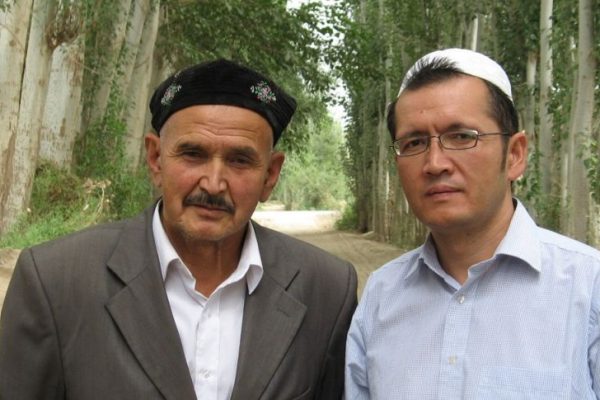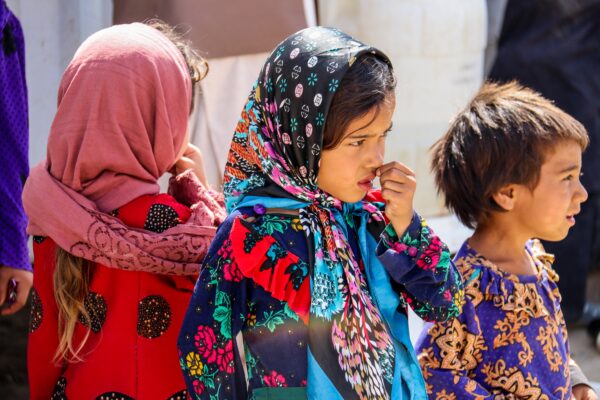The 30 Rohingya Muslims who were arrested on the 26th of September saw 21 of them sentenced to two years in prison, reportedly held in court without any legal representation. 8 of them were children, who were sent to a detention center for children. The youngest child is a 5 year old, being held at the Pathein prison.
The 30 Rohingya Muslims who were arrested on the 26th of September saw 21 of them sentenced to two years in prison, reportedly held in court without any legal representation. 8 of them were children, who were sent to a detention center for children. The youngest child is a 5 year old, being held at the Pathein prison.
In a new report by Human Rights Watch, Myanmar has detained 30 Rohingya Muslims who were attempting to travel out of Rakhine State to the city of Yangon. Rakhine State is located in Myanmar, where many Rohingya are based, and has been the scene of continued government abuses and violence towards the Muslim ethnic minority.
The Myanmar government essentially denies Rohingya Muslims from citizenship, which bars them from travelling or fleeing the oppressive region under the 1982 Citizenship Law. HRW claim these restrictions violate human rights law, which ensures that all peoples have the freedom of movement within their country as well as outside their country of origin.
The 30 Rohingya Muslims who were arrested on the 26th of September saw 21 of them sentenced to two years in prison, reportedly held in court without any legal representation. 8 of them were children, who were sent to a detention center for children. The youngest child is a 5 year old, being held at the Pathein prison.
Brad Adams, the HRW Asia Director, stated:
Myanmar authorities seem intent on persecuting Rohingya whether they stay at home or try to travel freely in the country. These 30 men, women, and children are being punished for simply seeking an escape from the daily brutality they’ve been subjected to for years.”
Around 600,000 Rohingya Muslims are still living in Rakhine State, and are subject to a continued abuse of human rights and violations by the government of Myanmar. Those trapped in the state suffer from lack of access to food and medicine, being barred from travel, and cut off from adequate education.
According to HRW, the ethnic cleansing of the Rohingya Muslims have forced more than 740,000 people to flee into neighboring Bangladesh. As the Rohingya Muslims continue to be persecuted under Myanmar’s oppressive regime, many are stuck between staying in a state that actively persecutes them, and fleeing to neighboring countries where they are rendered stateless. Adams states:
It’s a cruel irony that these Rohingya will be trading what was effectively confinement to open air detention in Rakhine State for confinement in a state prison in Pathein. Their imprisonment stands as a clear marker to the United Nations and foreign governments encouraging the return of Rohingya refugees from Bangladesh that Myanmar has no interest in granting its Rohingya population fundamental freedoms.”
HRW has called on the government of Myanmar to lift all travel restrictions on ethnic Rohingya, as well as to abolish any and all discriminatory laws that prohibit the freedom of movement for Rohingya Muslims. Myanmar continues to abuse and violate the rights of Rohingya Muslims in its continued war of ethnic cleansing, in a conflict that has been continuing for years now. It remains to be seen whether Myanmar will be held to account for its numerous violations of human rights, while the Rohingya population continues to suffer under this oppressive state.





